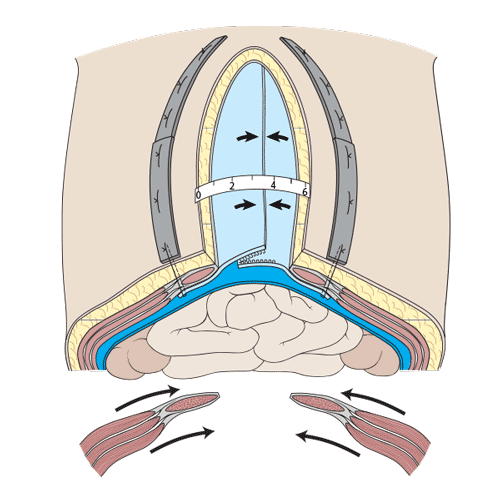Yourkit Java Profiler 12 Crack
Nov 8, 2011 - I've used both JProfiler 4 and YourKit 7.5, and YourKit wins hands down. It's so much less invasive than JProfile, in that I'll happy run production servers with the. Yourkit Java Profiler Serial Numbers. Convert Yourkit Java Profiler trail version to full software.
I have used and extensively. They are fairly similar in features and price. They both offer useful performance profiling and quite basic memory profiling. DotTrace integrates with Resharper, which is really convenient, as you can profile the performance of a unit test with one click from the IDE. However, dotTrace often seems to give spurious results (e.g. Saying that a method took several years to run) I prefer the way that ANTS presents the profiling results.  It shows you the source code and to the left of each line tells you how long it took to run.
It shows you the source code and to the left of each line tells you how long it took to run.
/thumb.jpg)
DotTrace just has a tree view. Is quite basic and requires you to compile special instrumented versions of your assemblies which can then be run in the EQATEC profiler. It is, however, free. 
Overall I prefer ANTS for performance profiling, although if you use Resharper then the integration of dotTrace is a killer feature and means it beats ANTS in usability. The free Microsoft CLR Profiler ( / ) is all you need for.NET memory profiling. 2011 Update: The has quite a basic UI but lots of useful information, including some information on unmanaged memory which dotTrace and ANTS lack - you might find it useful if you are doing COM interop, but I have yet to find any profiler that makes COM memory issues easy to diagnose - you usually have to break out windbg.exe. The ANTS profiler has come on in leaps and bounds in the last few years, and its memory profiler has some truly useful features which now pushed it ahead of dotTrace as a package in my estimation. I'm lucky enough to have licenses for both, but if you are going to buy one.Net profiler for both performance and memory, make it ANTS.
Others have covered performance profiling, but with regards to memory profiling I'm currently evaluating both the Scitech.NET Memory Profiler 3.1 and ANTS Memory Profiler 5.1 (current versions as of September 2009). I tried the JetBrains one a year or two ago and it wasn't as good as ANTS (for memory profiling) so I haven't bothered this time. From reading the web sites it looks like it doesn't have the same memory profiling features as the other two. Both ANTS and the Scitech memory profiler have features that the other doesn't, so which is best will depend upon your preferences.
Generally speaking, the Scitech one provides more detailed information while the ANTS one is really incredible at identifying the leaking object. Overall, I prefer the ANTS one because it is so quick at identifying possible leaks. I would add that dotTrace's ability to diff memory and performance trace sessions is absolutely invaluable (ANTS may also have a memory diff feature, but I didn't see a performance diff).
Being able to run a profiling session before and after a bug fix or enhancement, then compare the results is incredibly valuable, especially with a mammoth legacy.NET application (as in my case) where performance was never a priority and where finding bottlenecks could be VERY tedious. Doing a before-and-after diff allows you to see the change in call count for each method and the change in duration for each method. This is helpful not only during code changes, but also if you have an application that uses a different database, say, for each client/customer. If one customer complains of slowness, you can run a profiling session using their database and compare the results with a 'fast' database to determine which operations are contributing to the slowness. Of course there are many database-side performance tools, but sometimes I really helps to see the performance metrics from the application side (since that's closer to what the user's actually seeing).

Bottom line: dotTrace works great, and the diff is invaluable.